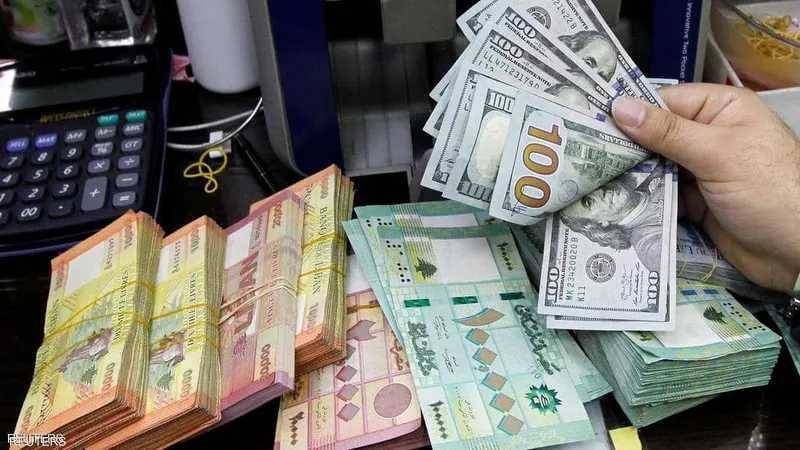Lebanon is expected to take a qualitative step in its mission to return to an orderly management of public finances under the legislative framework by approving the draft law for the state budget for the current year, within the maximum constitutional deadline set for the end of this month, as reported by "Asharq Al-Awsat". Meanwhile, the leadership of the central bank is working on finalizing the wording of a monetary step that aims to fulfill justice in compensating depositors in banks, through a new circular likely to be issued in the middle of next week after the regular meeting of the central council. This circular stipulates allowing account holders to withdraw a monthly share of $150 in cash, effectively nullifying the effects of Circular No. 151 which mandates withdrawal in Lebanese pounds with deductions averaging 84 percent of the nominal value of the share.
With the ongoing indications of prior political agreements that facilitate securing a quorum for the public body of the parliament, Speaker Nabih Berri has called for the public body to convene in consecutive sessions in the middle of next week, specifically to discuss and approve the budget materials after updating its texts and original numbers by the Ministry of Finance, in accordance with the extensive modifications made by the parliamentary Finance and Budget Committee.
The absence of audited accounts for previous financial years and the lack of clear reform measures in the draft is a significant and ongoing gap in the pursuit of the desired restructuring of the state's finances, according to a concerned financial official. This gap could provoke dissenting voices from influential parliamentary blocs, although it is not expected to obstruct the legislative approval of the budget law, thereby preventing its issuance by decree from the Cabinet.
It is also expected that the step will receive conditional support with reservations from international financial institutions concerned with Lebanon’s financial and monetary crises, evaluated positively in a strictly legal context for reinstating the order of revenues and government spending, without overlooking the main accusation of continuous evasion from the commitments outlined in the initial agreement with the International Monetary Fund, which requires the execution of financial reforms as part of the conditional requirements for the final agreement. These reforms are intended to ensure, along with the proposed restructuring of external public debt, maintaining the debt within sustainable limits and creating space for investment in social spending, reconstruction, and infrastructure.
Regardless of the final figures that the data on revenues and spending will settle on, and any potential inversion of the basic government project's deficit into an uncertain partial surplus due to the absence of monthly disclosures of public finance performance, another gap emerges in avoiding the contentious issue of unifying exchange rates, which also contradicts the IMF’s recommendation that the budget be consistent with the process of unifying the exchange rate. Additionally, it should avoid granting preferences to some taxpayers at the expense of others and should include sufficient resources for rebuilding tax management to enhance compliance and increase tax fairness.
The anticipated monetary measure could, according to the financial official, serve as a new pillar alongside Circular No. 158, which allows more than one hundred thousand depositors to withdraw $400 or $300 monthly, relying on the updated allocations for treasury resources at the dollar's actual rate as a starting point for a more comprehensive unification of the official exchange rate of the Lebanese pound based on realistic pricing.
Until a valid reference is determined to define the new exchange rate, amid expectations that it will result from coordination between the Ministry of Finance and the central bank's governance, supported by the Cabinet’s approval, the current official rate remains applicable in financial disclosures and periodic budgets of the financial sector components, particularly the central bank, the banking system, and financial companies.
Thus, the financial official confirms that achieving both the budget approval and the correction of the monthly withdrawal allocations for depositors would create a better atmosphere for the legislative and executive authorities to continue responding to the required obligations set by the IMF, including harmony in issuing the capital control law and correcting the status of banks along with the law to restore financial order.




